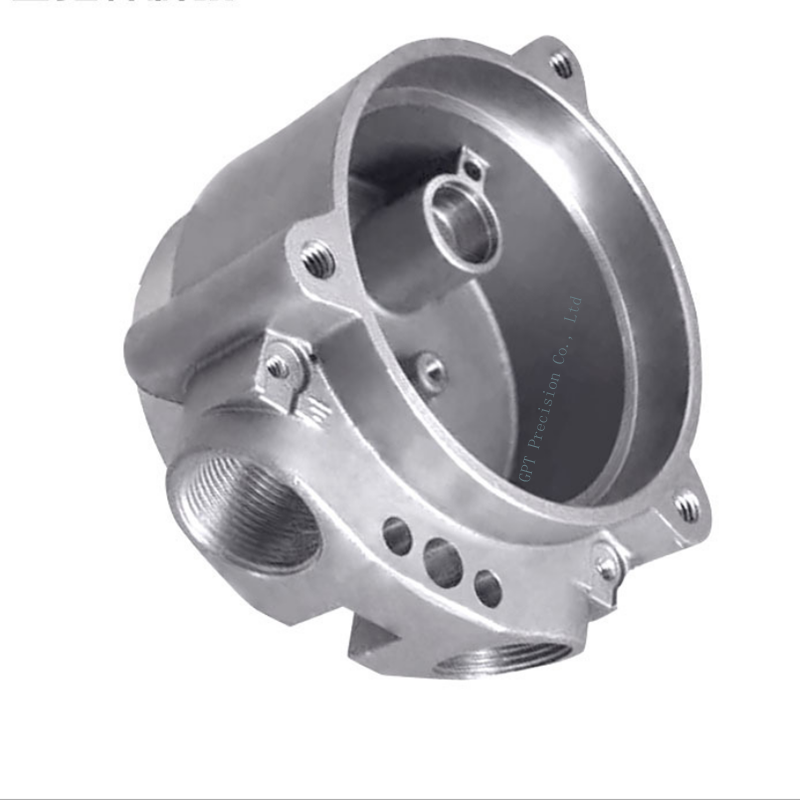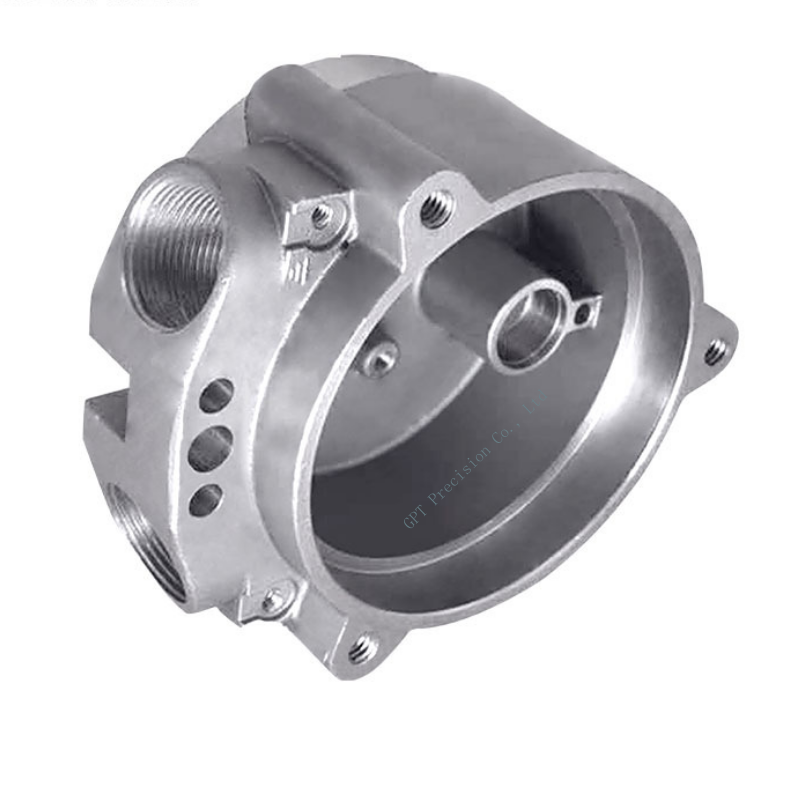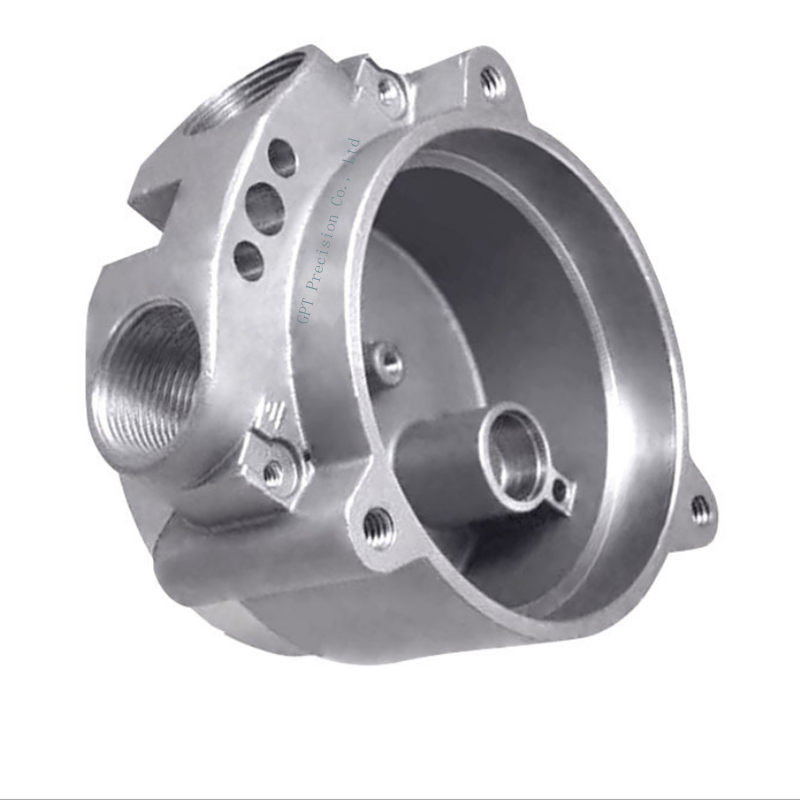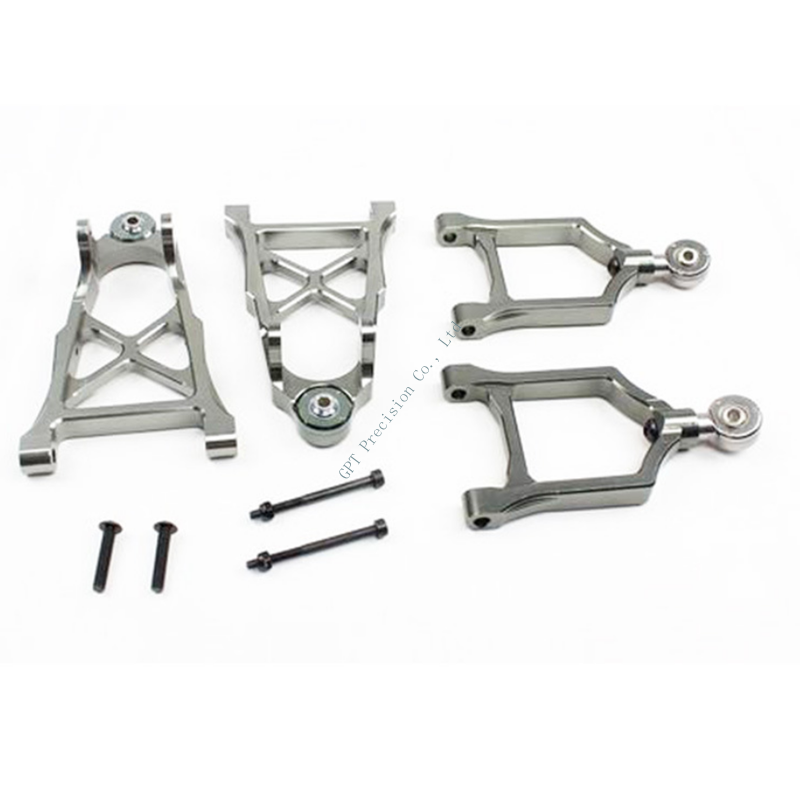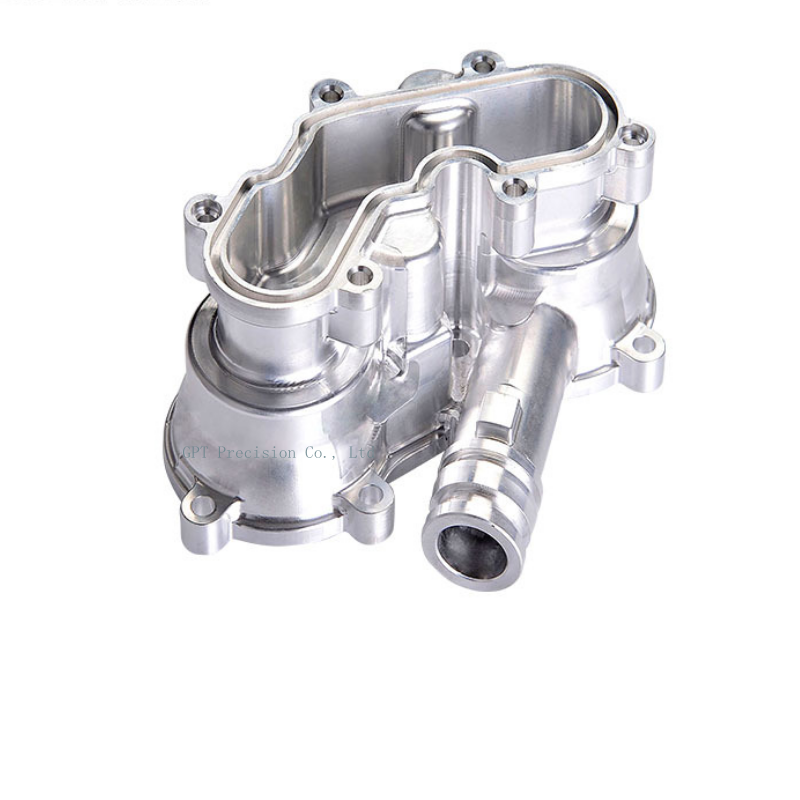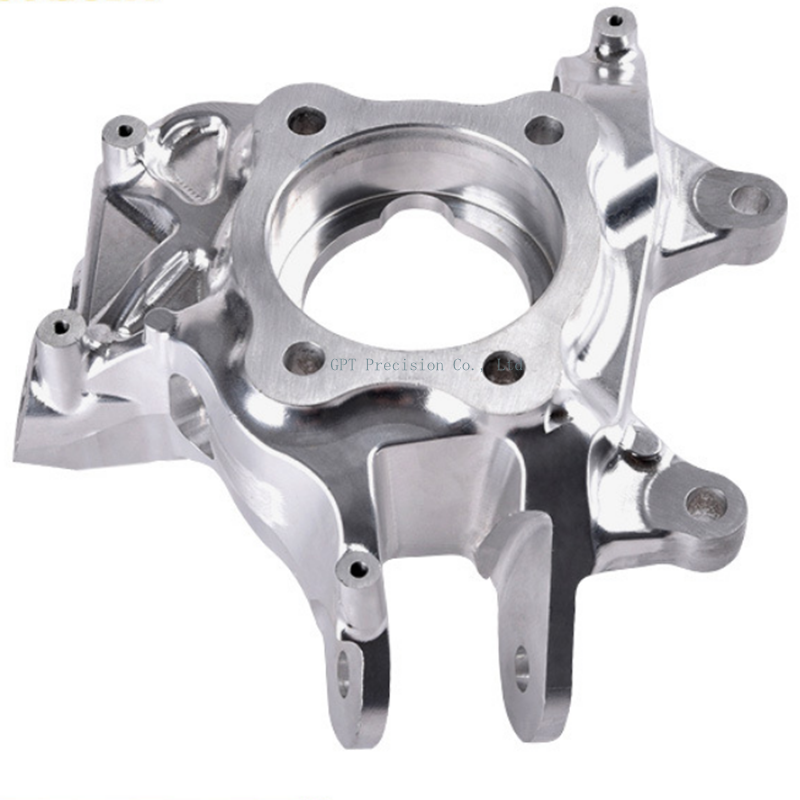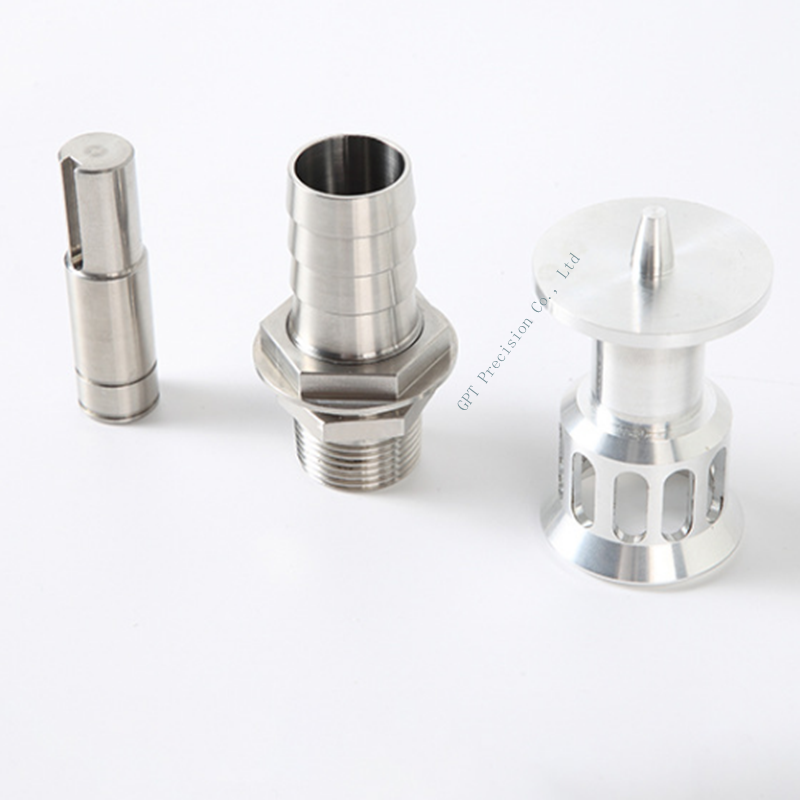Properties of combine machined Aluminum materials
Properties of combine machined Aluminum materials
Port: Shenzhen, China
Production Capacity:20000
Payment Terms: L/C, T/T, D/P, Western Union, Paypal, Money Gram
Application: Auto and Motorcycle Accessory, Machinery Accessory, Hardware Tool
Standard: GB, EN, API650, China GB Code, JIS Code
Surface Treatment: Polishing, Anodizing, Painting, Silk Print, etc
Production Type: Mass Production
Machining Method: CNC precision milling Machining
Material: Steel, Plastic, Brass, Alloy, Copper, Aluminum, Iron, Nylon
- Specifications
Aluminum Machining Benefits
GPT Precision believes that there are several reasons why companies choose aluminum machined parts over other materials. In terms of machining materials, Aluminum parts machined are the most economical because they can be use CNC machining and milling for shorter periods of time than other metals. complex Aluminum machined products also have added strength, corrosion, and rust resistance due to a protective layer that forms when exposed to the atmosphere. Furthermore, aluminum machined parts are chemical resistant, electrically conductive, malleable, and possess high strength. For these reasons and more, GPT has dedicated itself to becoming the leader in aluminum CNC machining parts!
We can guarantee the aluminum alloy will be the exact material that you need for your project and can ensure the right tolerances according to your needs. Take our services out for a test drive: send us your CAD files to see our fair pricing rate and fast speeds for yourself.
Advantages of Aluminum Machining
Aluminum is one of the most versatile manufacturing materials in the world, which is why it’s so popular in a wide range of industries. But why exactly is aluminum so suitable for CNC machining? Well, here are some of its main advantages:
Light Weight. Aluminum is one of the lightest metals available, weighing just over 2.7 g/cm3. That’s very useful for transportation, usability, and other practical reasons that are important in a range of industries.
Anti-Corrosive qualities. Anti-corrosive qualities are another significant advantage of aluminum, was it helps protect it from oxidation. That, combined with a range of finishes and coatings, ensures that your parts will serve you for a long time.
Conductivity. Aluminum has excellent qualities of thermal and electrical conductivity. That makes it suitable for a range of uses similar to copper and other conductive materials.
Convenient Machining. Another reason why aluminum is so popular is its ease of use with machining. The material is easy to shape, drill, and fold, allowing to create even the most complex shapes.
Temperature Resistance. Unlike some other material options, aluminum is resistant to low temperatures, meaning that the machining process is more flexible.
Aluminum is a soft, lightweight, malleable, and durable metal. It’s strength to weight ratio lends itself to finished parts for the automotive and aerospace industries.
2011
This has been described as ‘the butteriest of butter’. Perhaps the most machinable of all the grades of aluminum. The drawback to this grade is it’s low corrosion resistance, that’s why it’s best to apply an anodized finish to it.
2024
The alloy is predominantly used in the military and aerospace sectors. This is because of its mechanical properties, like great wear resistance, and high strength. The downside to this grade is that it has bad welding properties and low corrosion resistance.
5052
Typically used in forming applications because of its softness. Sometimes found in marine applications, since it has excellent corrosion resistance.
6061
A grade with very good mechanical properties including excellent weldability. Ideal for use in the extrusion process due to good toughness, medium to high strength. This grade is commonly used for 5 axis CNC machining.
6063
Similar in function to 6061, but this is more common to see in extrusions. However, it isn’t quite as stiff. This makes 6063 a little harder to machine; it’s softer and gummier.
7075
This grade is known for its exceptional fatigue strength. Not suitable for welding. Commonly used in parts that require it to be tough such as fuselages, bicycle parts, rock climbing kits, and aircraft wings. This alloy also better in corrosion resistance.
In its pre-finished state, the metal is silver or dull gray, depending on the roughness of the surface.
Aluminum Properties
Lightweight
Strong
High Conductivity
Thermally Conductive
Non-Toxic
Reflective
Easy Surface Finishing
Ductile
Miscible
Relatively Cheap to Produce
Recyclable
Corrosion Resistance
Grades of Machining Aluminum






